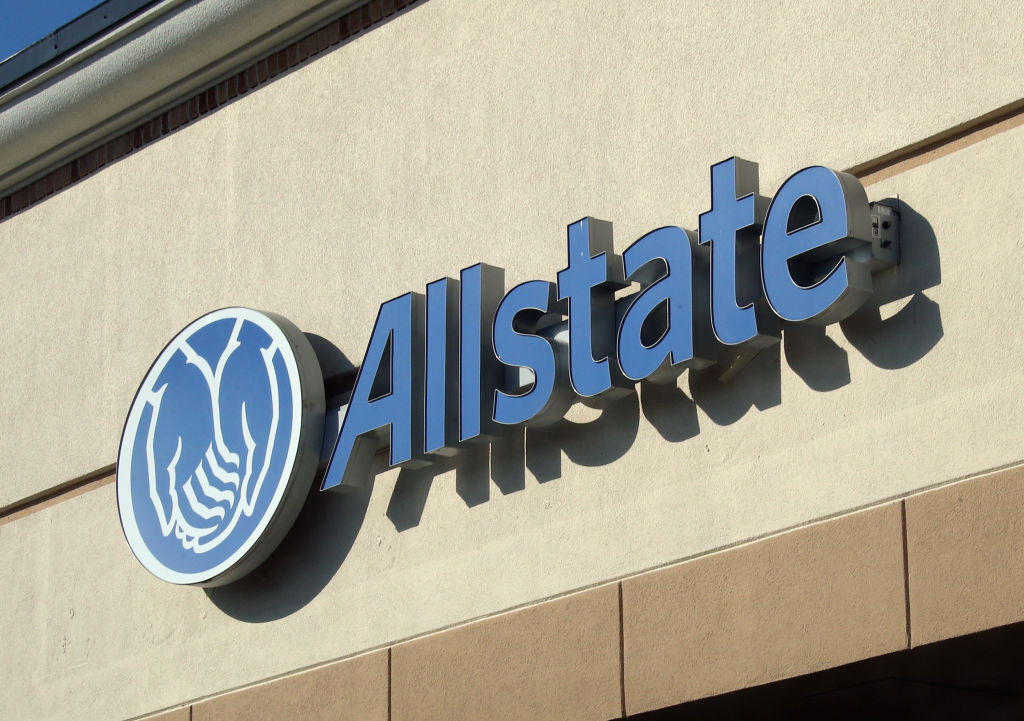Your Guide to Higher Education
Everything you need to know about finding the best college and planning ahead.
Education News & Advice You Can Count On
BestColleges offers thousands of expert-reviewed articles and resources to empower your educational and career decisions.
Latest News
View all news
Explore Top-Ranked Schools by Subject
A trusted authority in higher education, as seen in:





Learn More With Resources

58 Companies That Pay for College With Tuition Reimbursement
From Amazon to Wells Fargo, here are companies that provide tuition assistance to U.S. employees.

How to Find CSWE-Accredited Programs for Your Social Work Degree
The Council on Social Work Education (CSWE) evaluates social work programs to ensure quality. Learn all about CSWE accreditation before you apply.

10 Most In-Demand Majors
Discover the most popular and lucrative in-demand college majors, from business and healthcare administration to IT and engineering.

10 Highest-Paying Associate Degrees of 2025
Learn which jobs pay the highest average annual salaries while only requiring an associate degree.

When Do ACT Scores Come Out? Full 2025-2026 Schedule
Most test-takers get their ACT scores 2-4 weeks after their exam, though you may have to wait up to eight weeks. Get the full release schedule here.

What Is College Decision Day?
What is College Decision Day? For some high school seniors, it’s one of the biggest days of their lives. Here’s what you need to know.

The 10 Happiest Jobs You Might Not Expect
From construction managers to clergy, check out these 10 careers with surprisingly high job satisfaction rates.

7 Best Trade School Jobs
Want to jump into a thriving career? We’ve highlighted the seven best trade school jobs based on salary and projected job growth.

How to Become a Christian Counselor
As a Christian counselor, you’ll counsel clients from a Christian perspective. Learn about the steps to becoming a Christian counselor, its earning potential, and whether it’s right for you.

Psychology Internships: How to Find (and Get) Them
You’ll need to complete an internship to become a psychologist. Explore how to find (and get) psychology internships that best align with your academic and career goals.

Mental Health Counselor Salary: How Much Can You Make?
Mental health counselor salaries vary between role, location, and experience level. Read our page to learn how much mental health counselors make.

How Much Does a Psychologist Make?
How much does a psychologist make? Read our page to learn all about psychology salaries.

Why Is College So Expensive? 5 Reasons
Student loan debt in the U.S. passed the $1.75 trillion mark this year, and while rising tuition may be slowing down, some variables continue to drive up the cost of earning a degree.

What to Know About Tax Breaks for College Students and Parents
College is a big investment. By taking advantage of college tax credits and deductions, you can save thousands of dollars on higher ed expenses.

The 18 Best Apps for Saving Money in College
Saving money in college can feel overwhelming. These money-saving apps will teach you how to budget so you can reach your financial goals.

How to Build Credit in College: 7 Essential Tips for Students
Credit helps college students take out loans and even land jobs. Here are the best tips to build credit in college.

Should You Get a Student Credit Card?
Many students start to build credit in college. Learn the pros and cons of getting a student credit card and how to build credit wisely.

Should I Claim My College Student as a Dependent?
How and when to claim your college student as a dependent is a decision many parents face during tax season. Read our guide to understand the benefits.
Higher Ed Data and Trends

Tracking College Closures and Mergers
April 30, 2025
Facts and Statistics About Federal Pell Grants
April 28, 2025
Student Loan Forgiveness Facts and Statistics in 2025
April 22, 2025Lower the Cost of Your Degree
Scholarships and grants make getting your degree a little more affordable. Explore scholarships by selecting one of the following categories:
- OnlineScholarships
- Hispanic & Latino/aScholarships
- LGBTQ+Scholarships
- Black & African AmericanScholarships
- ROTC ProgramsScholarships
About BestColleges
We believe there's a degree for every dream, and we've created a fully stocked library of helpful articles and tools to get you there.
Our writers, editors, and reviewers work hard to stay up-to-date on topics you care about, from the best schools, to career advice, to financial aid and diversity and inclusion.
We want to be the reliable guide you turn to, whether you're just starting your college search or leveling up your career.

“It wasn't until I got to grad school that I realized how many opportunities there are and how many different ways you can piece together the things that you love.”
- Taylor, Bartender to NASA Astrophysicist
Read more student voices
















